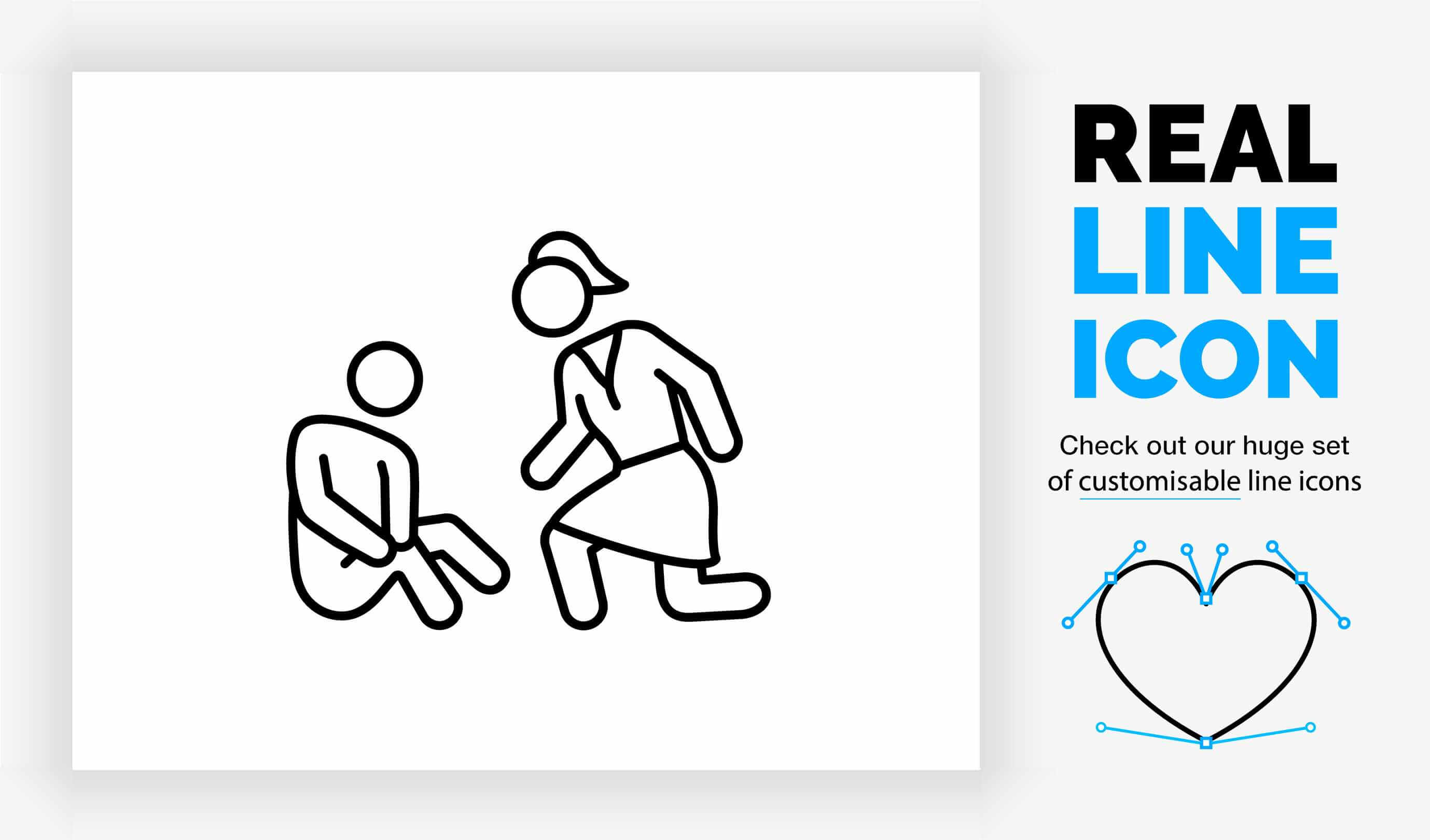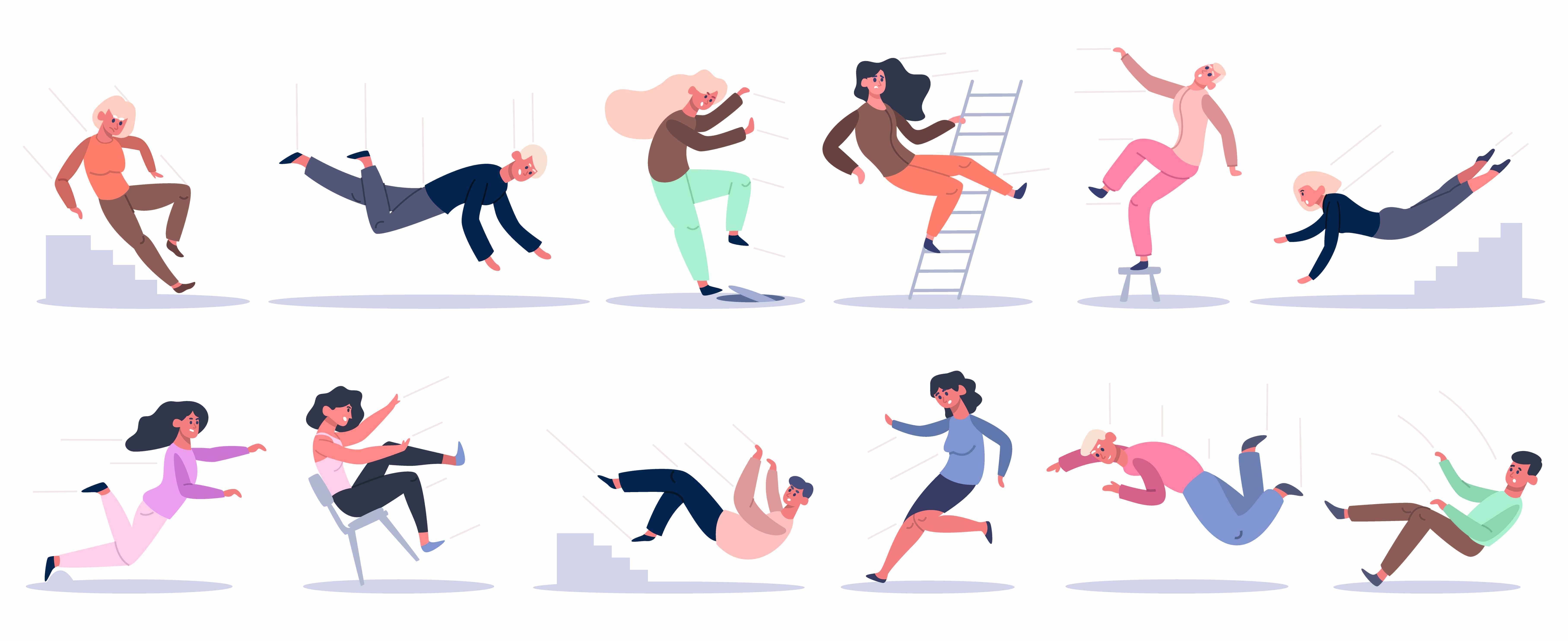The New Quarter-life Crisis

Maybe you started running for fitness, or because it seemed like a good way to make friends. Or perhaps it was a distraction from an uninspiring and underpaid job. Maybe you wanted an outlet for the frustration you felt at being single and watching your friends couple up. But no matter the reason you started, at some point it became more than a hobby. Your runs got longer, and longer, and longer, until you started to wonder: Should you … sign up for a marathon?
This might sound like a classic midlife-crisis move. But these days, much-younger people are feeling the same urge. TikTok and Instagram are filled with videos of 20-somethings filming themselves running and showing off slick gear as they train for what some call their “quarter-life-crisis marathon.” And offline, more young people really have been running marathons in recent years. In 2019, only 15 percent of people who finished the New York City Marathon were in their 20s. By 2023, that share had grown to 19 percent. Similarly, at this year’s Los Angeles Marathon, 28 percent of finishers were in their 20s, up from 21 percent in 2019.
Setting out to run 26.2 miles is intense. But it also promises a profound sense of control that may be especially appealing to those coming into adulthood. For many of today’s 20-somethings, the traditional markers of maturity (marriage, kids, a stable career, homeownership) have become harder to reach. In this context, young people may feel “both logistically disoriented—genuinely not knowing how to pay rent or what to do—but also deeply existentially disoriented,” Satya Doyle Byock, a psychotherapist in Portland, Oregon, and the author of Quarterlife: The Search for Self in Early Adulthood, told me. When other big life milestones seem elusive, a marathon, though extreme, can feel like a surer route to finding meaning: If you stick to your training plan, this is a goal you can reach.
[Read: How student debt has contributed to ‘delayed’ adulthood]
While reporting this story, I spoke with four young marathoners, who had all sorts of reasons for running—many of which were rooted in discontent. They told me about jobs that they hated or that were put on hold during the pandemic. I heard about unfulfilling personal lives, the loneliness of living alone during COVID or of moving to a new city, and the anxiety over political attacks against people like them. They wanted something, anything, to grab onto when they felt unmoored. Marathons were a natural solution. As Kevin Masters, a clinical psychologist and professor at the University of Colorado School of Medicine, who began researching marathoners in the 1980s, has found, finishing one can help you find a sense of purpose or a new element of your identity—and he has reason to believe that those factors are motivating Gen Z runners too.
Bren Forester, a 25-year-old living in Indiana, was “absolutely miserable” at his first job out of college, designing user interfaces for a tech company, working 40-to-60-hour weeks, and traveling often. He told me that even after he quit, in March 2023, he remained confused about what he wanted in life and worried about threats against queer people like him in his home state. In the past, running had helped his mental health, so he decided to sign up for the Indianapolis Marathon. “Why not devote hours and hard work and dedication and pain into something that’s going to be so rewarding?” he recalled thinking.
Quarter-life is a real, often difficult developmental stage. When you become an adult, you move from a highly structured existence, likely in school or living with your family, to a more open-ended one, Doyle Byock explained. In recent years, this period of unsettledness has become elongated. The median age of first marriage keeps going up; the median age of first-time motherhood is 30, the highest ever recorded. And, according to a 2022 McKinsey survey of more than 25,000 young adults, Gen Zers are more likely than older workers to be independently employed or to have multiple jobs, rather than one stable career. They’re also less likely to feel connected to others or to be involved in religious and other organizations, and more likely to be lonely.
[Read: Why Americans suddenly stopped hanging out]
For some young people, marathons have become a coping mechanism. Lily Cox-Skall told me that when she ran the Portland Marathon in 2022, with a group of good friends, the “biggest perk” was gaining community. (Social-media running apps such as Strava and Map My Run have made this type of camaraderie easier to find.) Cox-Skall was also drawn in by the ability to measure her progress, set clear goals, and challenge herself in a way she couldn’t at work—motivations that may resonate with other Gen Zers struggling to pin down a clear professional path. Grace Lee, a 29-year-old in New York, started going on long runs around the city after her social-media business foundered, at the start of the pandemic. “I felt like running was the only thing I could control,” Lee told me. “In terms of mileage, I could keep going; I could stop.”
Of course, the marathon isn’t a magical Band-Aid for quarter-life pain. It’s an extreme physical activity that can lead to injuries or even obsessive, unhealthy attention to one’s body, Doyle Byock told me. Someone who isn’t already a runner can expect to train for at least six months to a year, racking up about 30 to 50 miles each week. Then there are the hours spent stretching, meal planning, and strength training; the long post-run recovery times; and the scheduling difficulties that might interfere with jobs, relationships, or socializing. As Masters told me: “It’s basically a life commitment at least for the period of time that you’re doing it.”
Those who run in pursuit of validation on social media rather than for self-betterment could find that the process leaves them empty, or with low self-esteem. But for those truly committed to the challenge, undergoing the kind of “methodical, consistent, and focused” training that a marathon requires can be “powerful for psychological development,” Doyle Byock said. When approached with intention, the race can have a clarifying power.
Forester told me that preparing for a race had helped him figure out what he wanted next in life. While he was training, he and his long-term partner married, and he decided to pursue a master’s degree in design leadership. The marathon wasn’t easy; in fact, he said, he wanted to quit multiple times. But once he crossed the finish line, he cried tears of joy. “It was utter euphoria,” he said. Now, when faced with other obstacles, he reminds himself that he ran for six hours straight, something he once thought impossible.


